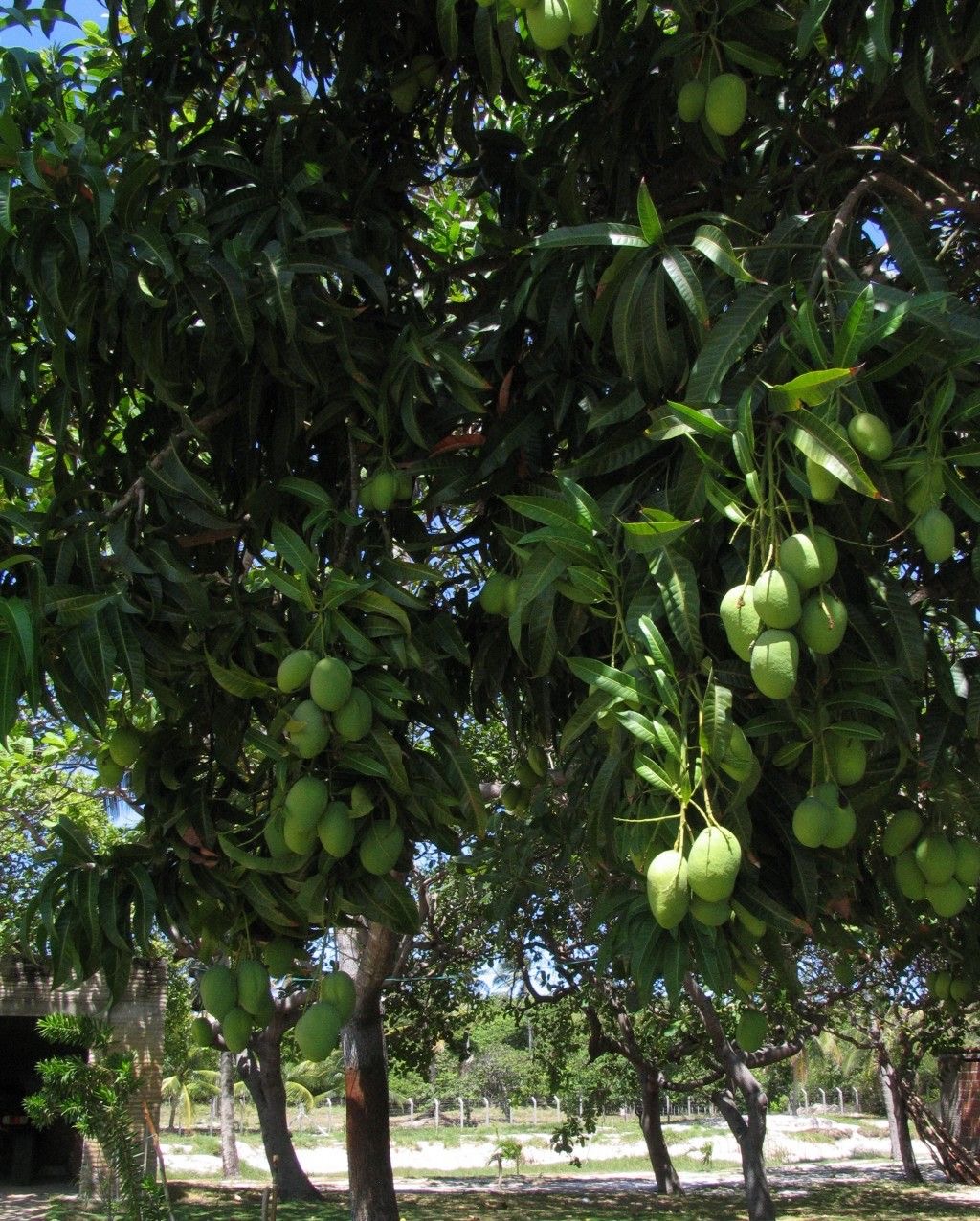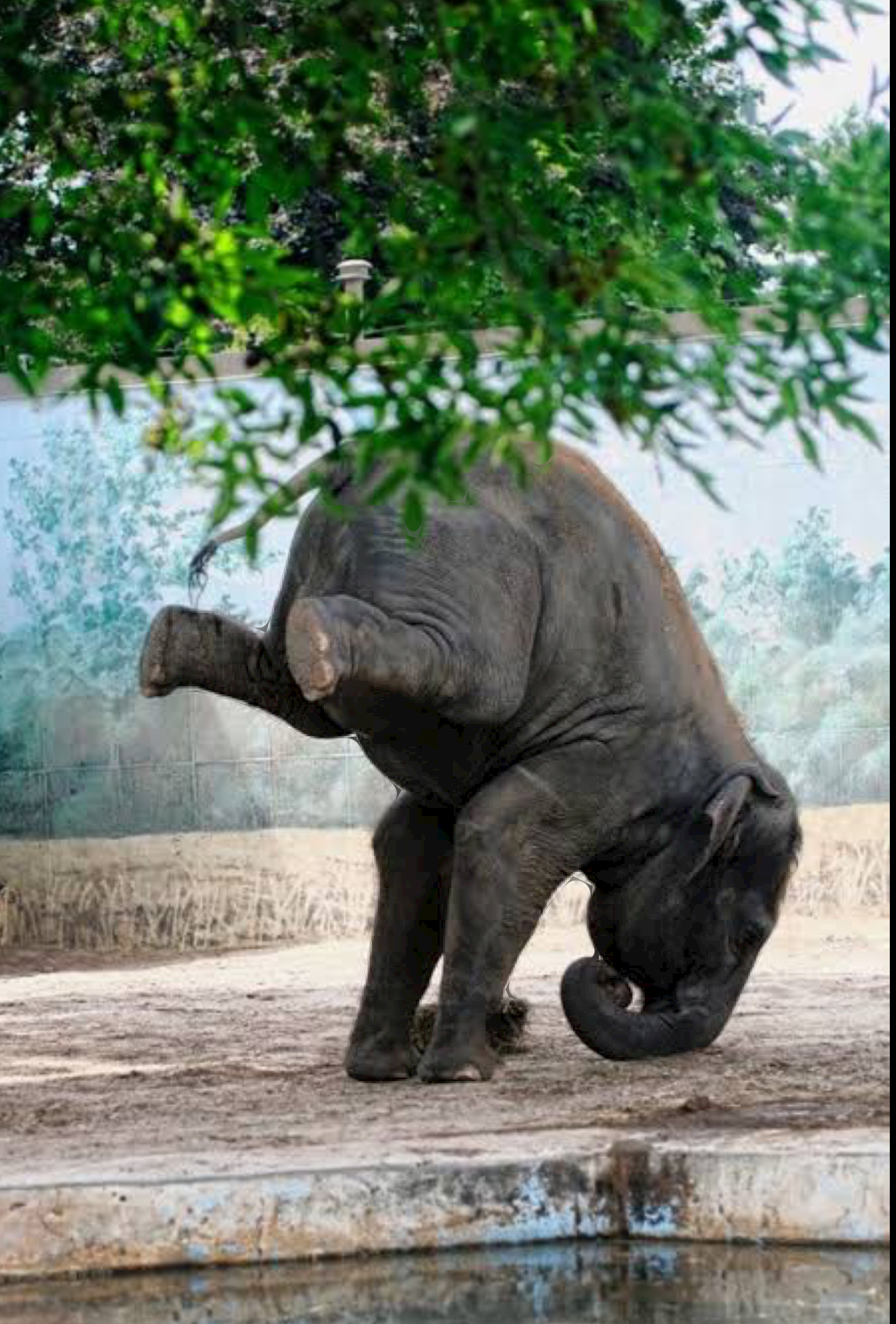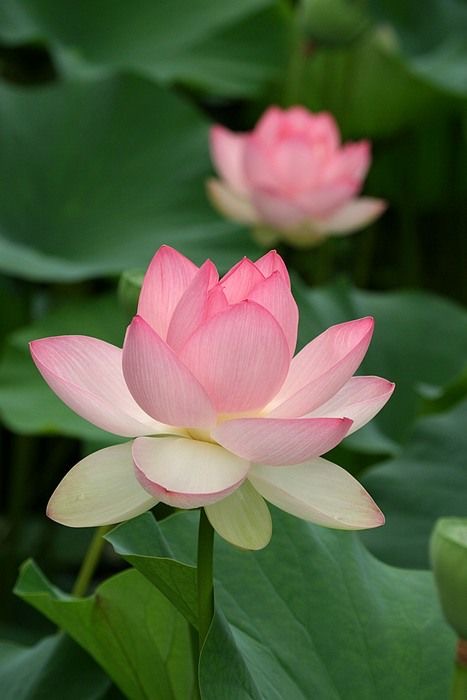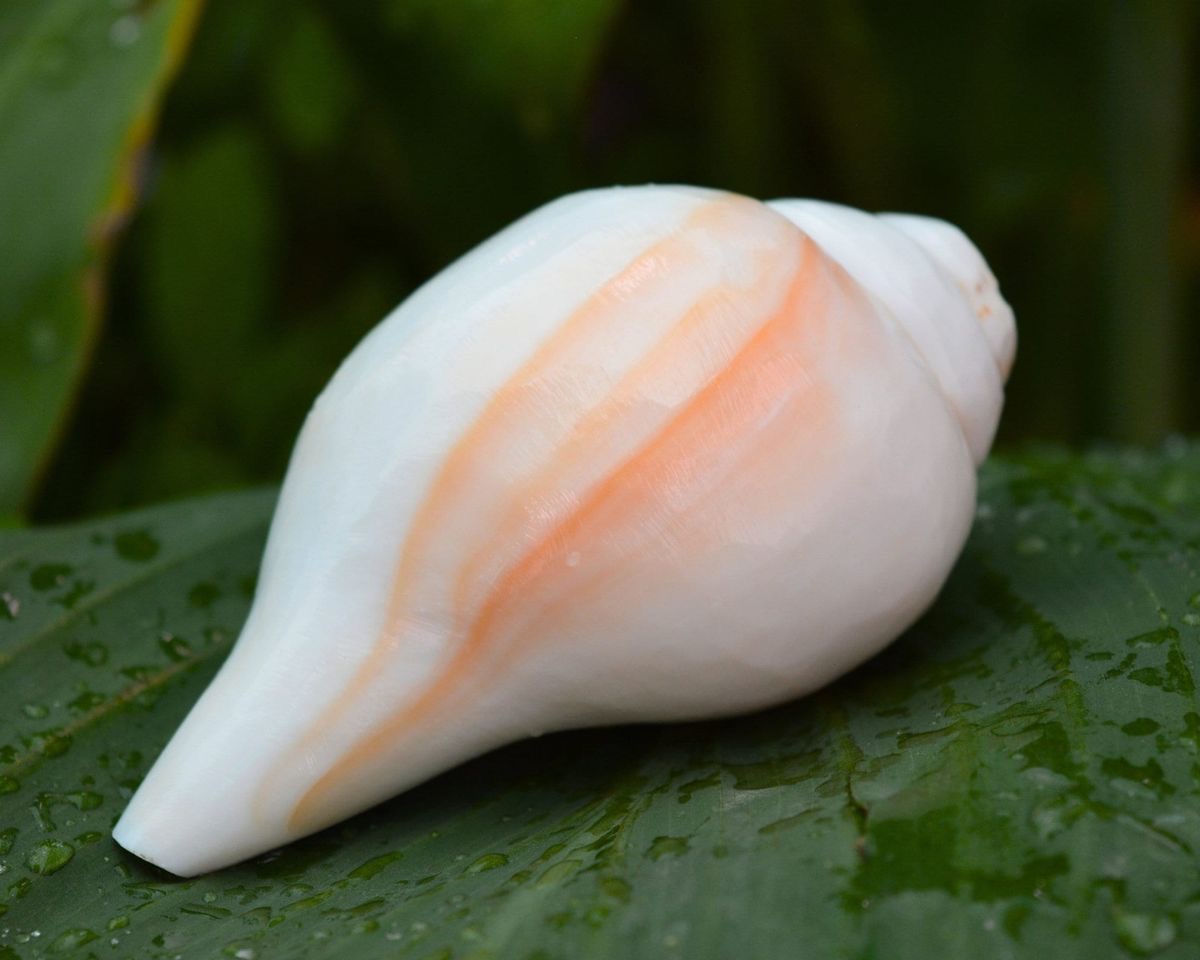The mango tree is an inseparable part of Indian culture and folklore. Considered sacred, the history of the mango tree can be traced back to the bronze age, or almost 4,000 years ago. Originally, a native of southern Asia, especially eastern India, the mango tree was introduced to southeast Asian countries by Buddhist monks. Later, it was brought to Africa by the Portuguese, from where the mango tree spread across the world. The English word ‘mango’ is an adaptation of the Malayalam name for the fruit, which is ‘maanga’. Mangos are the national fruit of India known as the “Food of God.”
The mango leaves can be seen mentioned in Hindu scriptures Ramayana and Mahabharata as a symbol of fertility. These ancient texts highlight the mango’s connection to abundance and the idea of having children. Interestingly, mango leaves are also associated with Kamadeva, the God of Love.
There is a belief that Shiva married Parvati under this tree. So,in Hindu marriages and religious ceremonies the leaves are used ritually for decorations. It is believed that the mango tree is the abode of gods and so its leaves adorn entrances to new homes to signify good fortune. It is a plant associated with Durga, Lakshmi, Govardhan and Buddha. Lord Ganesha often holds a ripe mango as a symbol of spiritual attainment.
Mango trees are a symbol of love and happiness that possess the magical power to grant wishes. Offering a basket of mangoes is seen as a gesture of friendship. In astrology, the mango tree is believed to be associated with Lord Hanuman and if you water it daily, you are constantly graced with Lord Hanuman’s blessings and you can get rid of all your troubles.
The lifespan of a mango tree is more than 100 years, and during all this time, it confers its valuable gifts on many generations. One can say that almost every part of the tree is useful to humans in some way or the other. The uses of mango trees are many and varied- from being a part of religious ceremonies to the treatment of ailments.
While its fruit is delicious, its leaves are no less and possess numerous health benefits. Drinking mango tea, which is made by boiling and straining mango leaves, helps in decreasing blood pressure, controlling diabetes, treating oral problems, cleansing the stomach and eliminating free radicals.
In conclusion, the mango tree is of profound religious and cultural significance. From its sacred place in Hinduism and Buddhism to its association with abundance, fertility, and enlightenment, mangoes hold a special place in the traditions and beliefs of Indian culture.
















